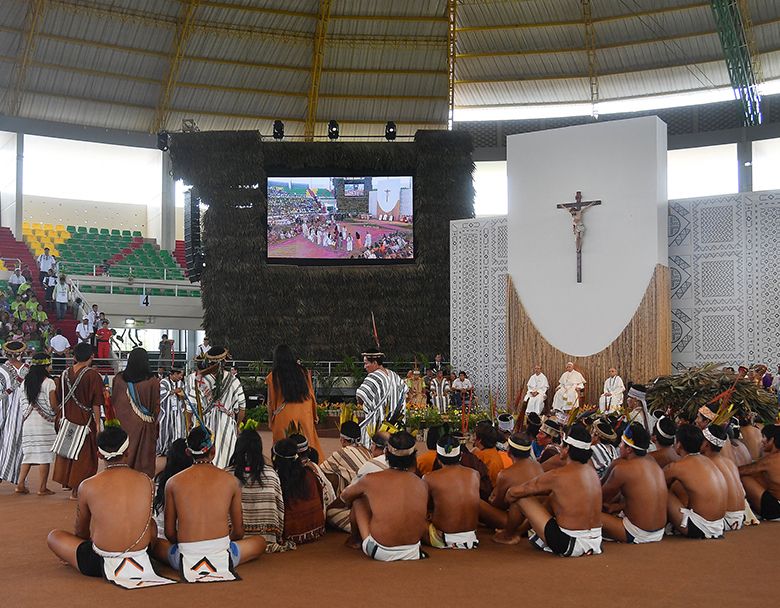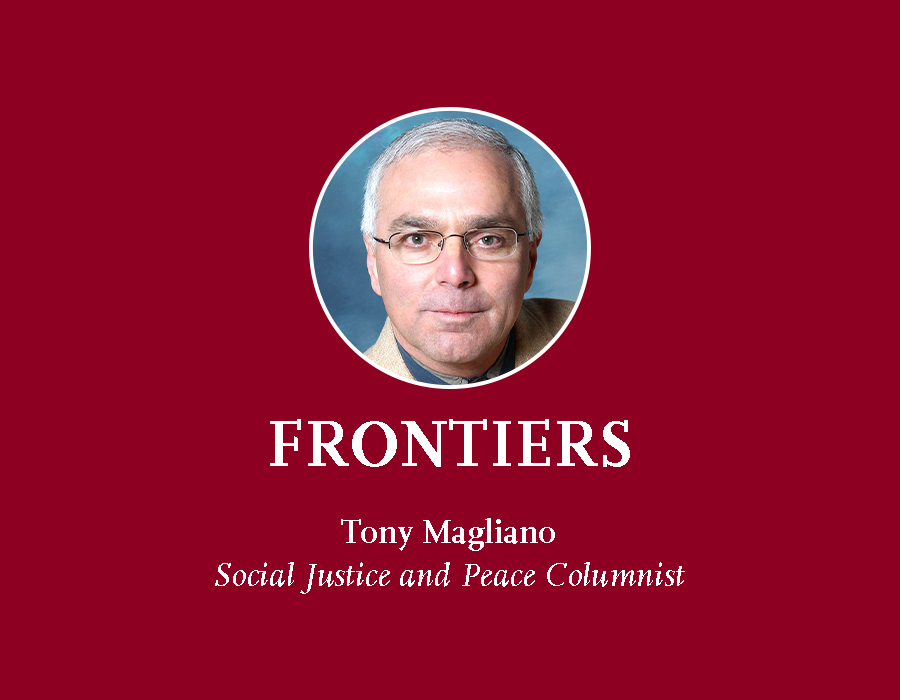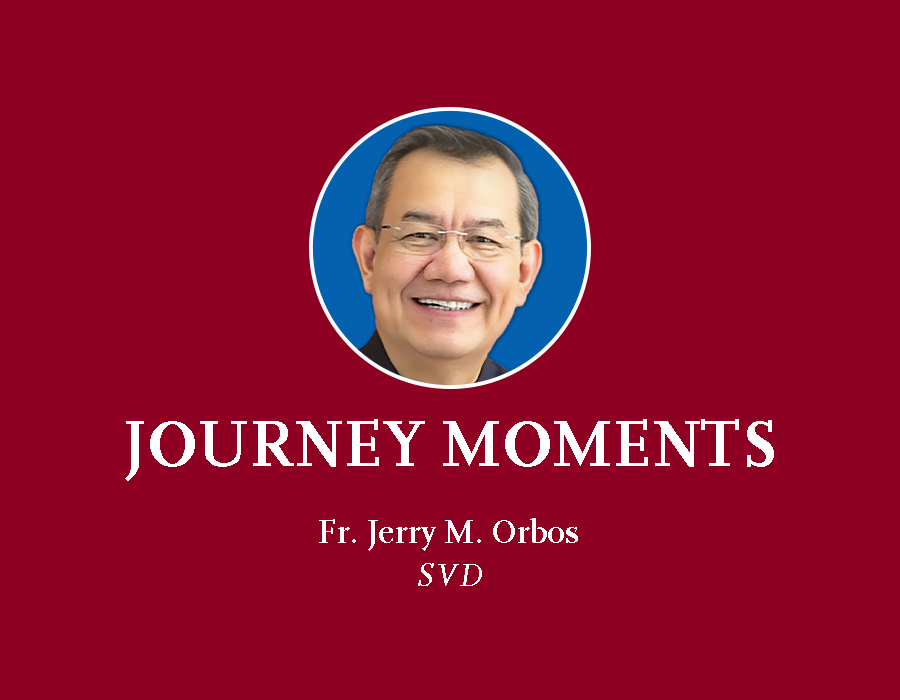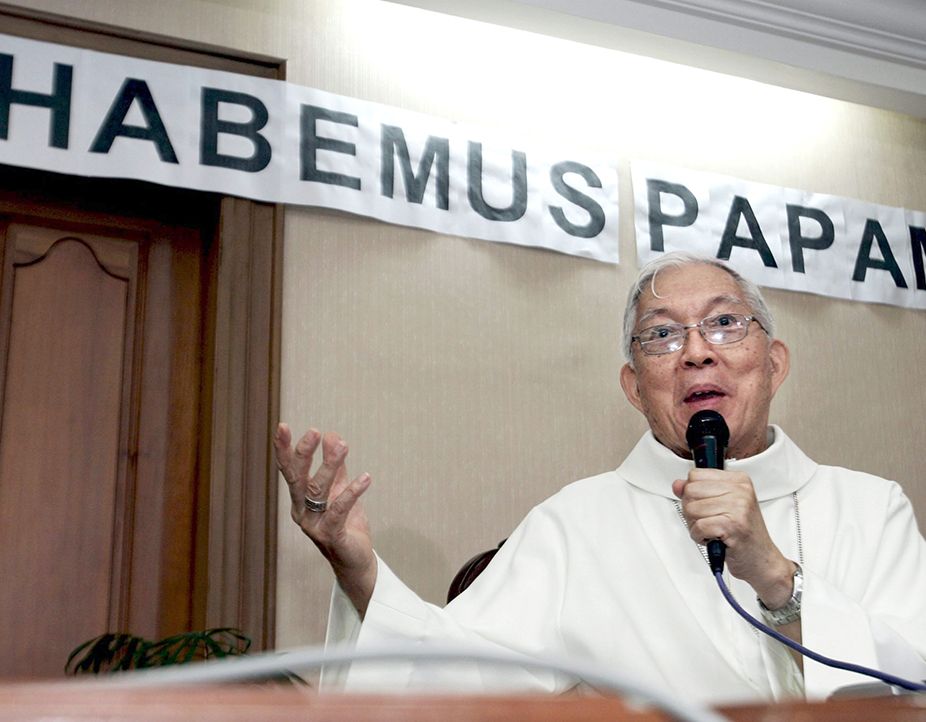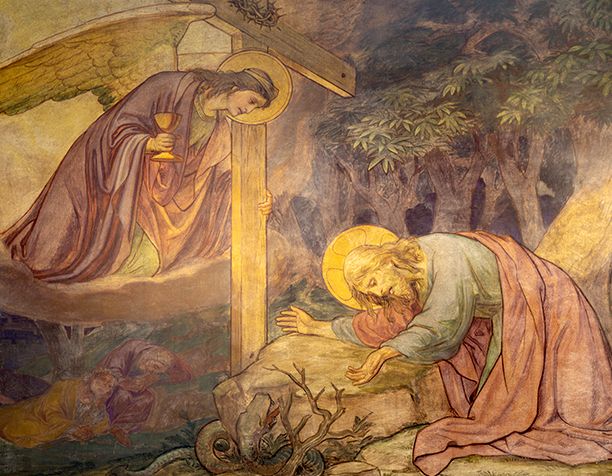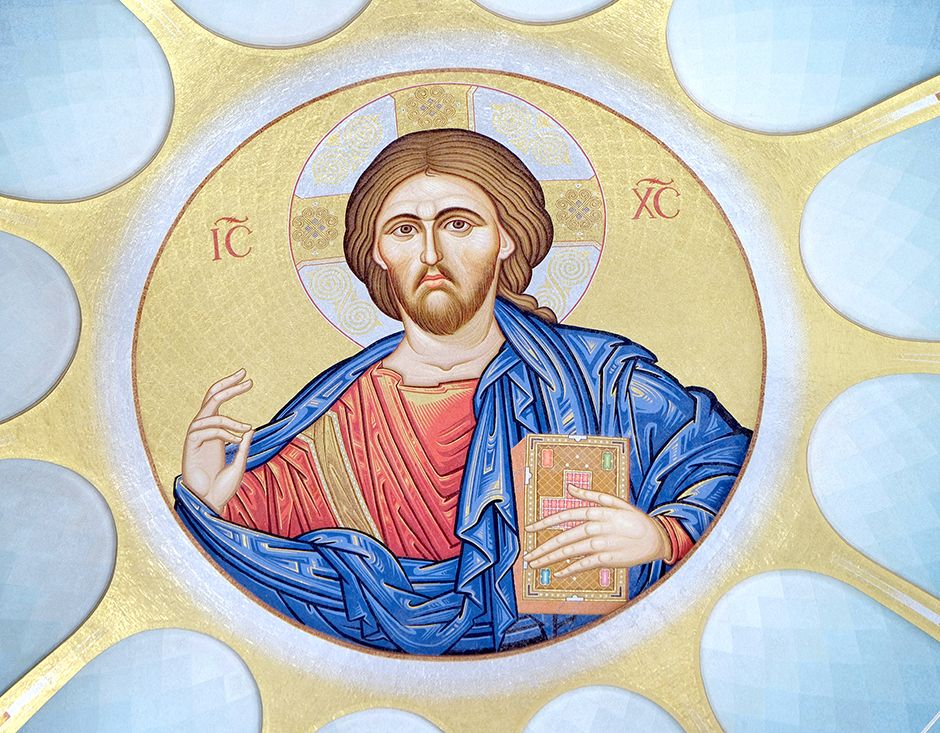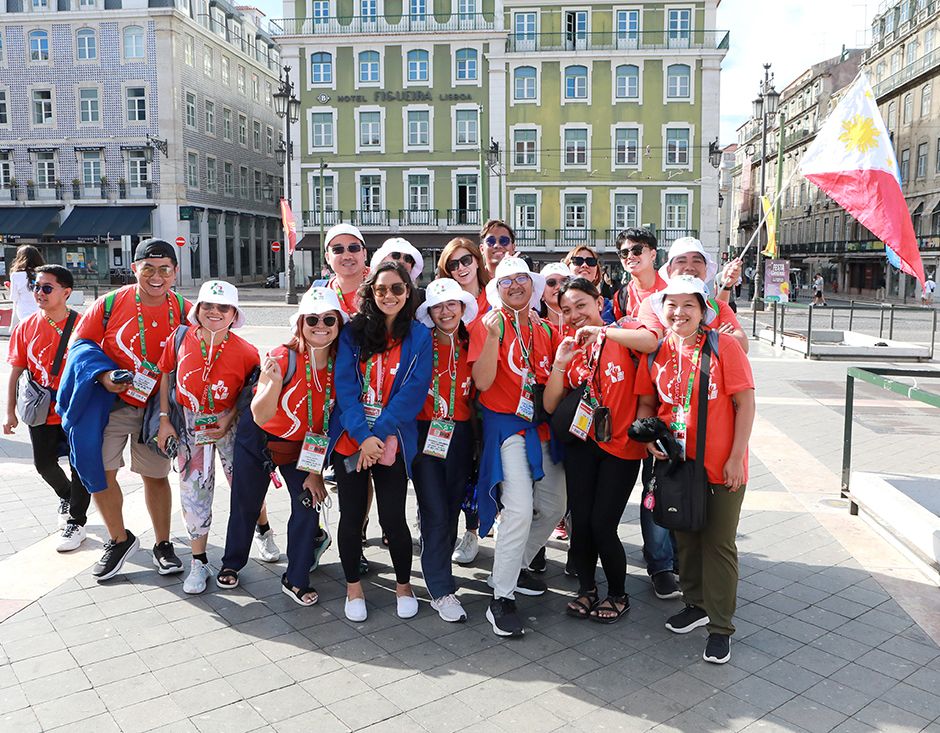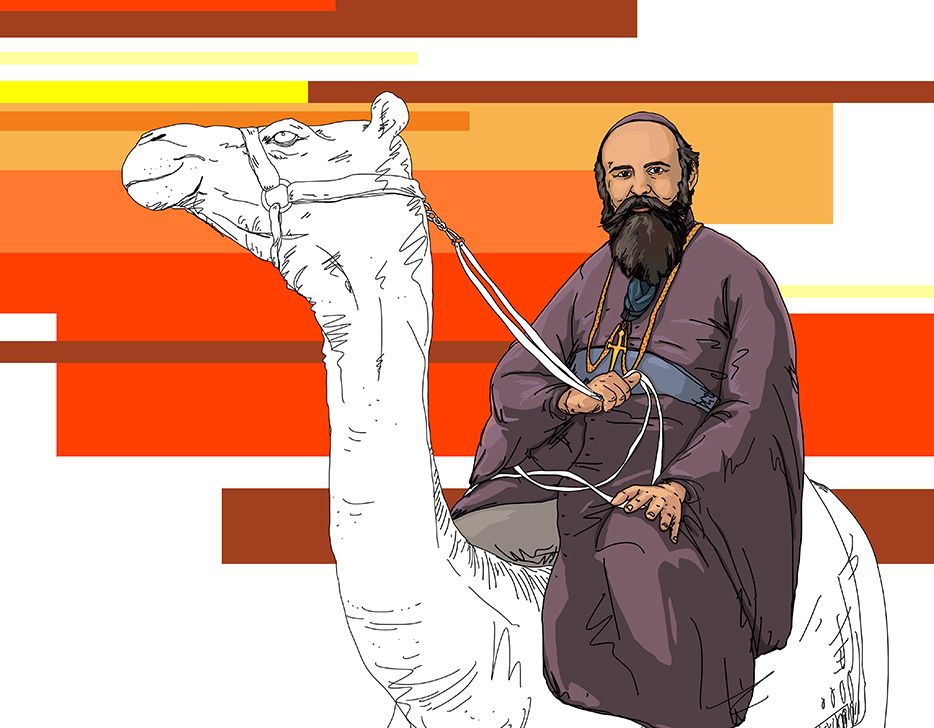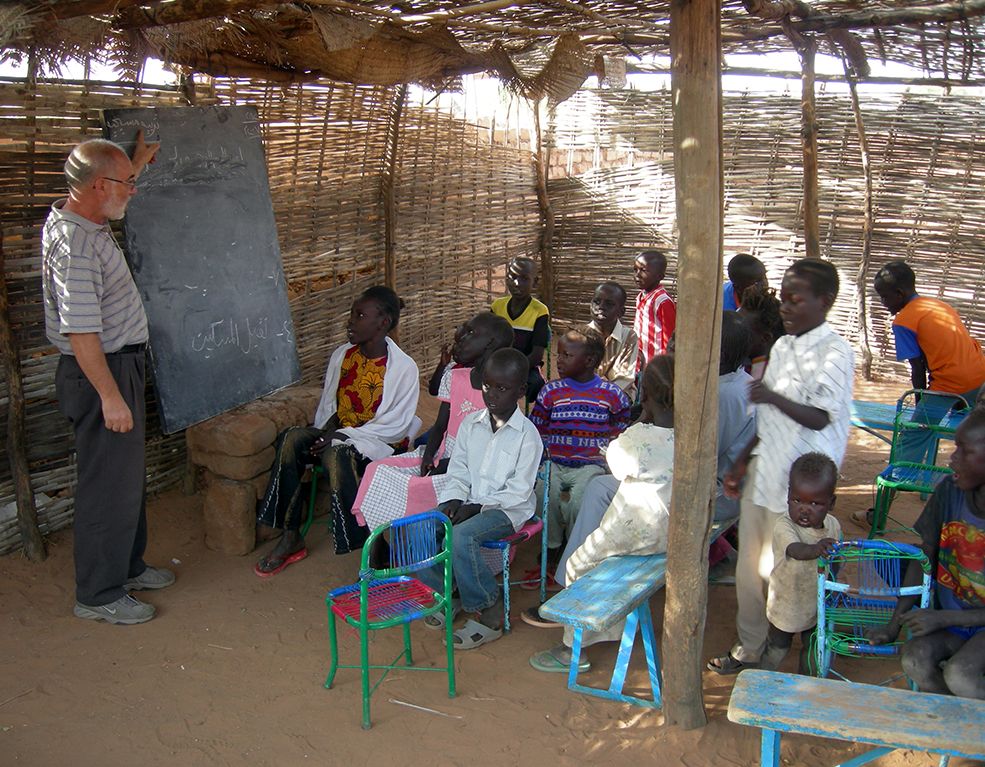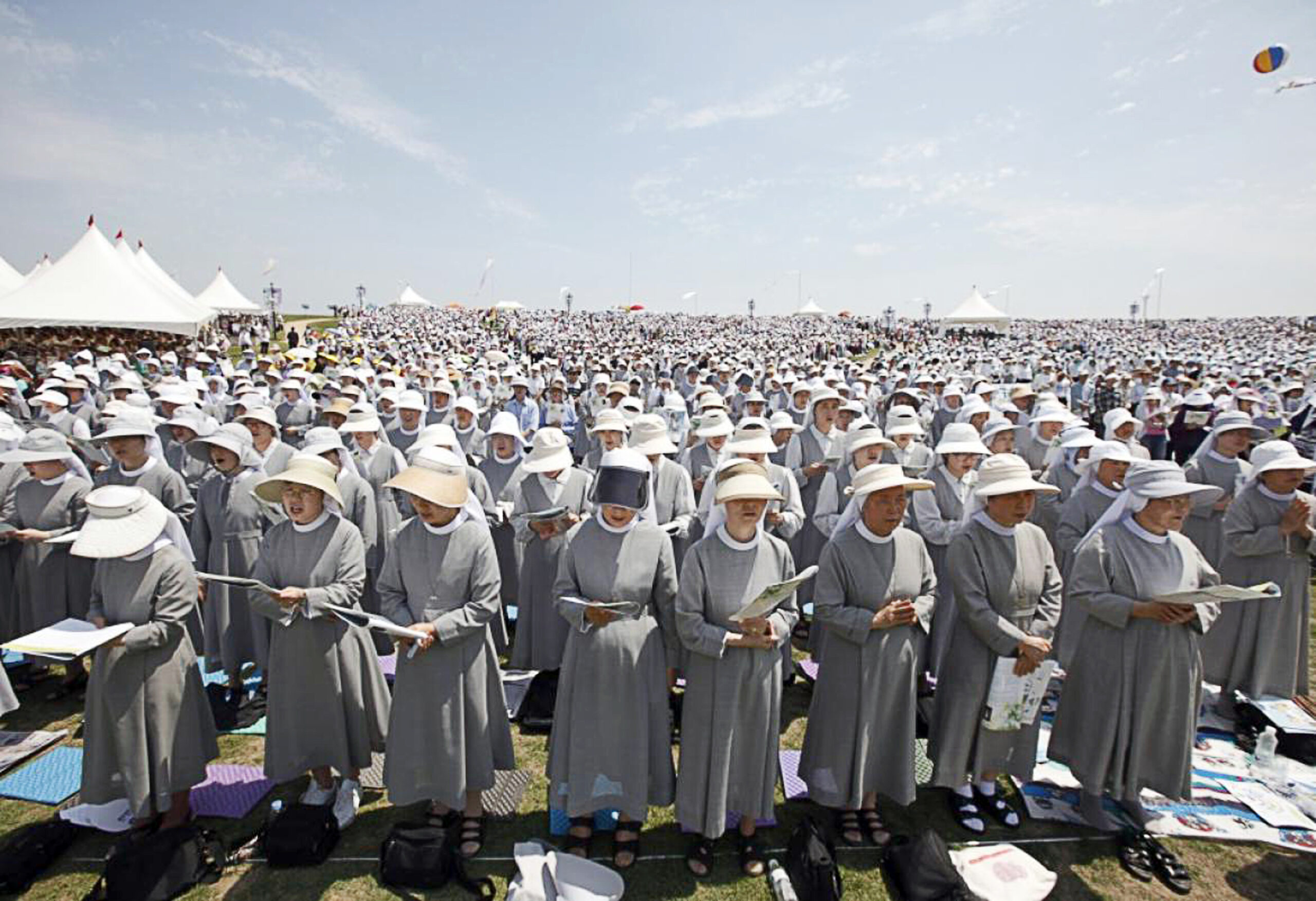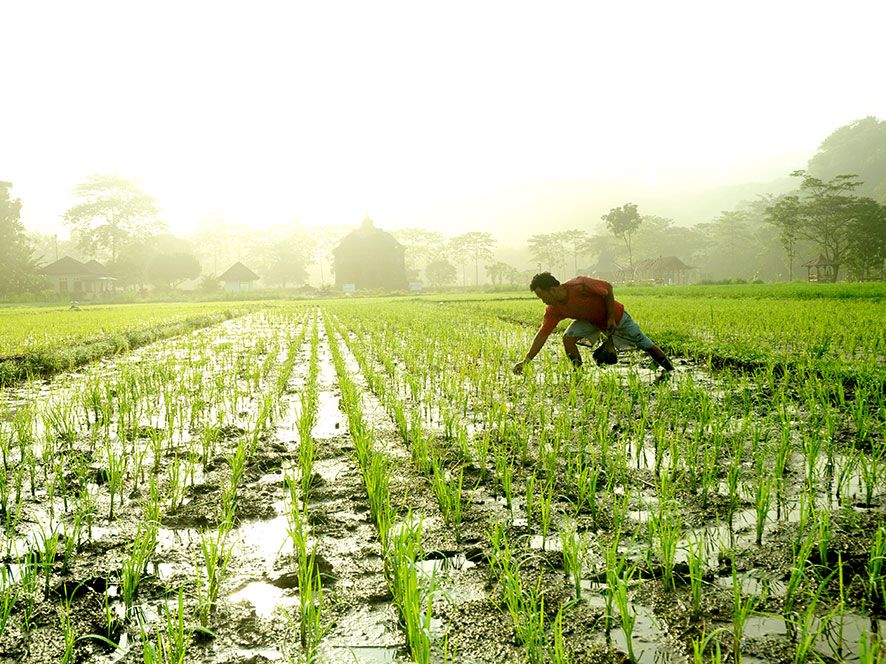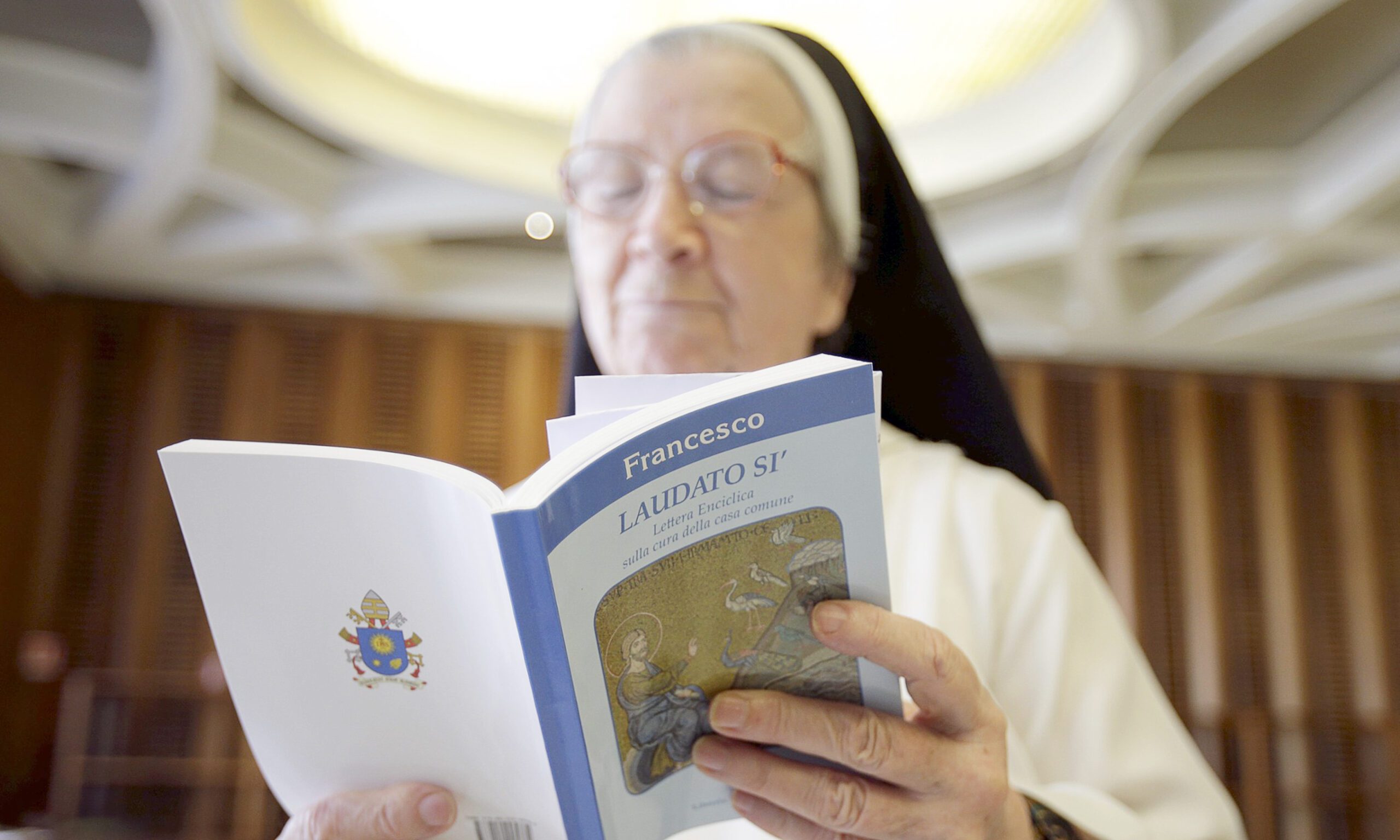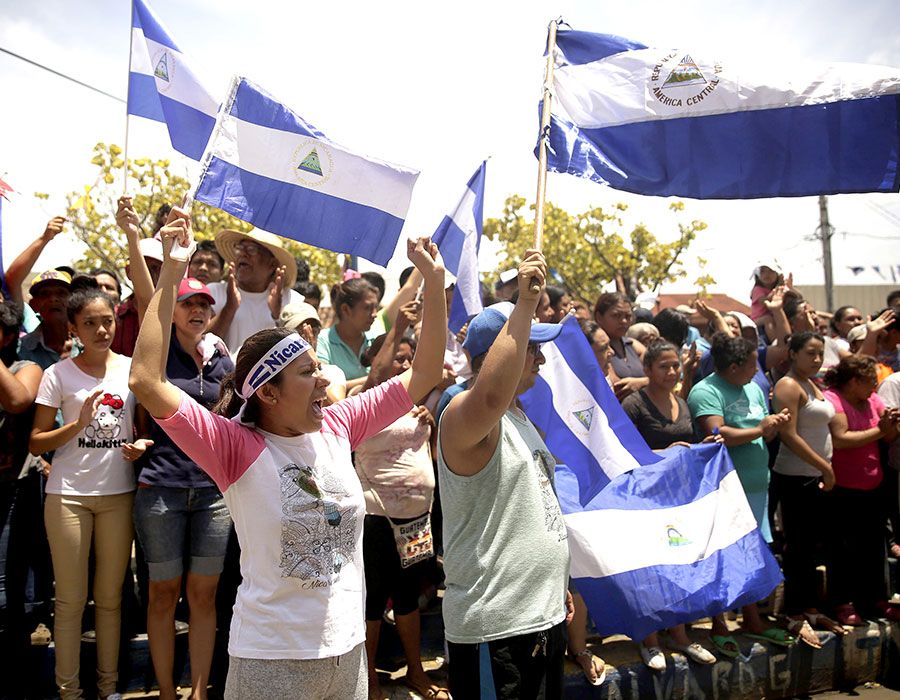The Blessed Amazon is of modest length (16,000 words) and divided into 111 sections in four chapters. Each chapter is focused on one of “the four great dreams” that the Amazon region inspires in Francis. His dreams are social, cultural, ecological, and ecclesial. Since the renewed emphasis on synods emerged in the Vatican II era, this is the first to be centered on a distinct ecological territory. The Amazon region has about 34 million inhabitants, including three million indigenous people.
Four Dreams. Pope Francis himself provides a succinct overview of the document. He summarizes his four dreams in section seven of the introduction. Social: “I dream of an Amazon region that fights for the rights of the poor, the original peoples, and the least of our brothers and sisters, where their voices can be heard and their dignity advanced.” Cultural: “I dream of an Amazon region that can preserve its distinctive cultural riches, where the beauty of our humanity shines forth in so many varied ways.”
The Pope continues highlighting his dreams. Ecological: “I dream of an Amazon region that can jealously preserve its overwhelming natural beauty and the superabundant life teeming in its rivers and forests.” Ecclesial: “I dream of Christian communities capable of generous commitment, incarnate in the Amazon region, and giving the Church new faces with Amazonian features.” Uniquely, these dreams are elaborated in an artistic and literary manner, often employing original indigenous poetry.
Social Insights. Francis is deeply concerned about environmental and ecological stewardship, not only for Amazonia, but for the entire world; “the mission that God has entrusted to us all [is] the protection of our common home” (19). “Efforts to build a just society require a capacity for fraternity, a spirit of human fellowship” (20).
Social dialogue is needed worldwide, not only in the Amazon region. Francis asserts: “If we wish to dialogue, we should do this in the first place with the poor…. They are our principal partners, from whom we have the most to learn…. Their words, their hopes, and their fears should be the most authoritative voice at any table of dialogue” (26). Indeed, “a prophetic voice must be raised, and we as Christians are called to make it heard” (27).
Cultural Dreams. Pope Francis emphasizes a holistic cultural approach in the Church’s mission, stating that there is an urgent need “to respect the rights of peoples and cultures.” (40) He speaks very personally: “I urge the young people of the Amazon region … to take charge of your roots, because from the roots comes the strength that will make you grow, flourish, and bear fruit” (33). “Starting from our roots, let us sit around the common table, a place of conversation and shared hopes” (37). The Church’s mission seeks to promote an authentic diversity, incorporating “dialogue between different cultural visions of celebration, of interrelationship, and of revival of hope” (38).
Ecological Perspectives. As Christians, we have an obligation “to care for our brothers and sisters and the environment” because “alongside the ecology of nature there exists what can be called a ‘human’ ecology which in turn demands a ‘social’ ecology” (41). “To abuse nature is to abuse our ancestors, our brothers and sisters, creation and the Creator, and to mortgage the future” (42).
Pope Francis believes that the indigenous peoples can teach us to practice the “prophecy of contemplation” (53), entering into communion with the mystery of nature; we can “love it, not simply use it” (55). We are summoned to avoid “a consumerist lifestyle” which leads to “violence and mutual destruction” (59). “Let us awaken our God-given aesthetic and contemplative sense!” (56)
Ecclesial Contributions. Francis repeatedly emphasizes the Church’s task of enculturating the Gospel, because “a faith that does not become culture is a faith not fully accepted, not fully reflected upon, not faithfully lived” (67). In her mission, the Church must seek to capitalize on the popular religiosity of indigenous people (77-80). Francis believes that “popular piety can enable us to see how the faith, once received, becomes embodied in a culture and is constantly passed on” (78). This effort will result in “an enculturated spirituality” (79).
Additional Insights. In Querida Amazonia, one finds many profound insights into the Eucharist, women, holiness, and God’s revelation through “two human faces: the face of His divine Son made man and the face of a creature, a woman, Mary (101). Friends, discover and enjoy another “Francis’ treasure”!
James H. Kroeger, MM, has served mission in Asia (Philippines and Bangladesh) for over five decades. He recently completed Walking with Pope Francis: The Official Documents in Everyday Language, a synthesis-popularization of ten of Pope Francis’ pivotal documents from 2013-2022; it is available from Orbis Books in New York and the Pauline Sisters in Manila and Nairobi.

